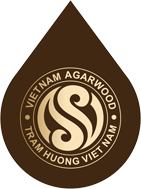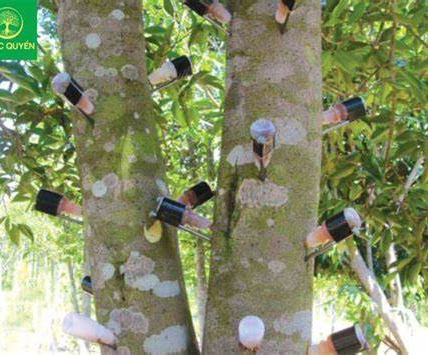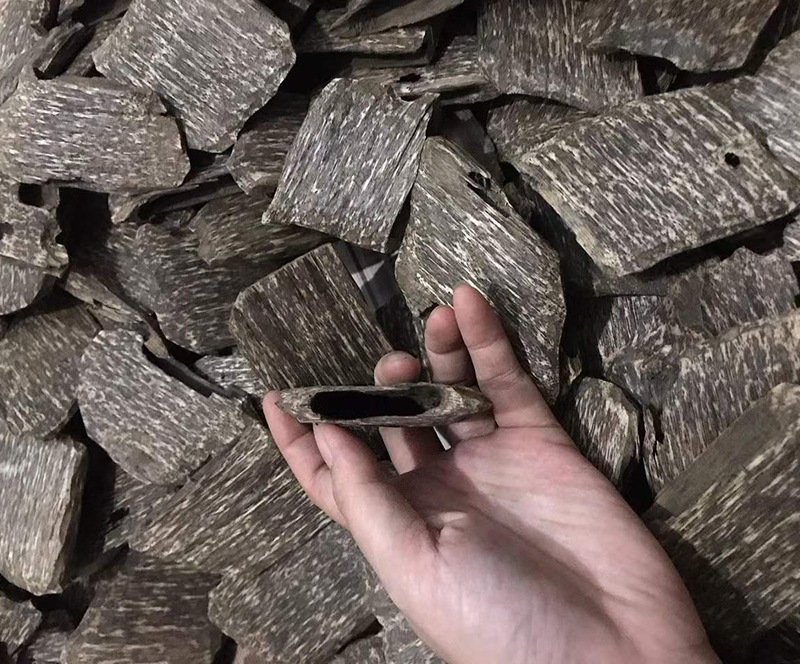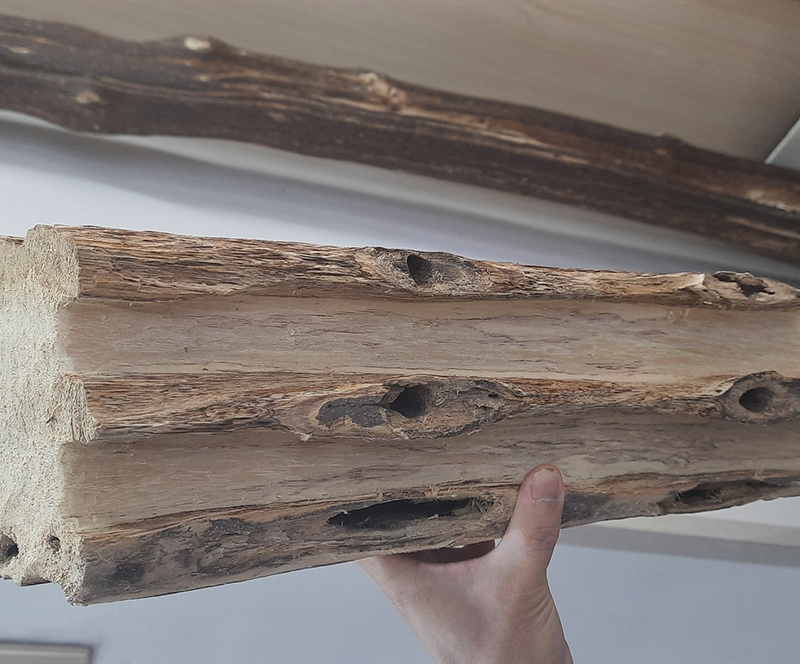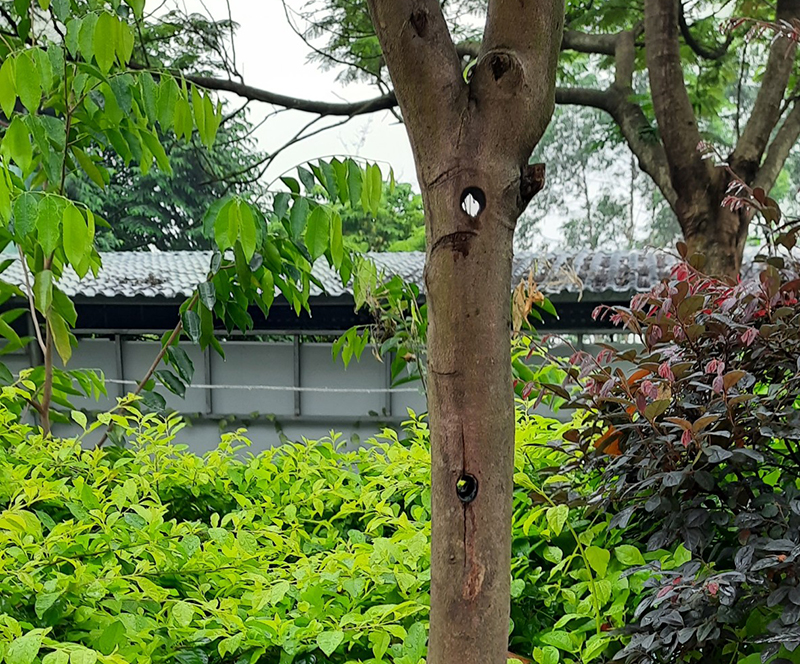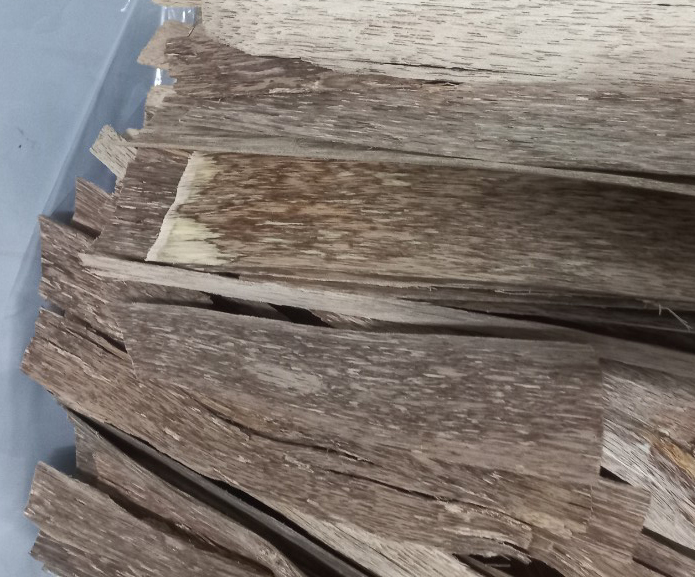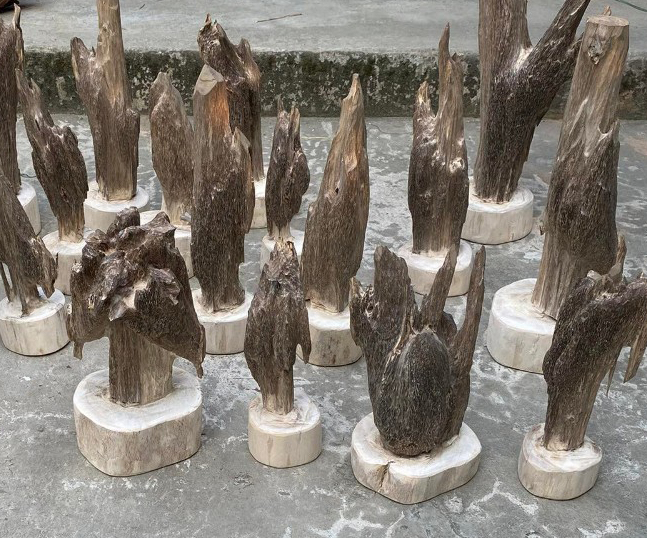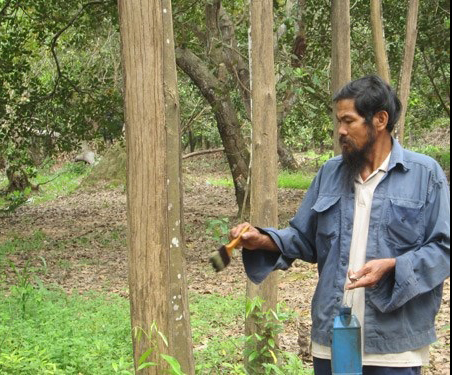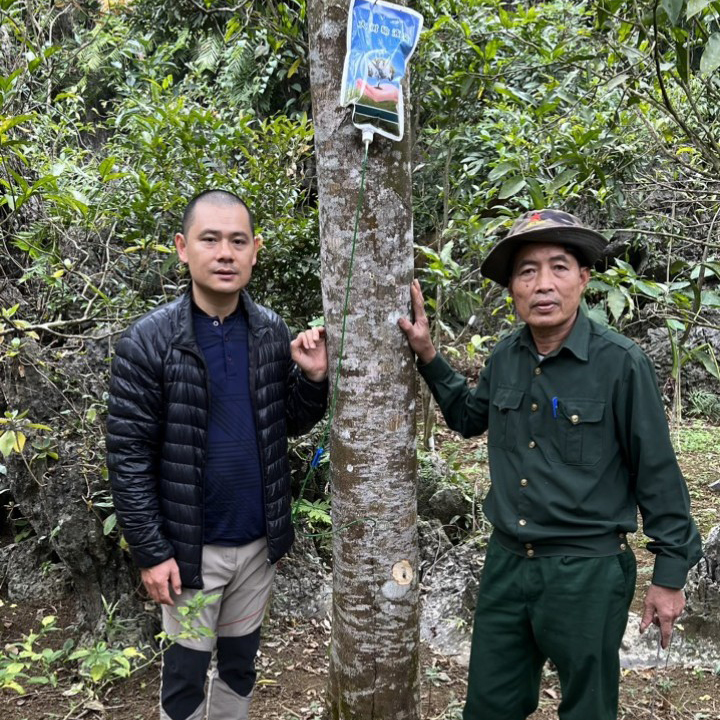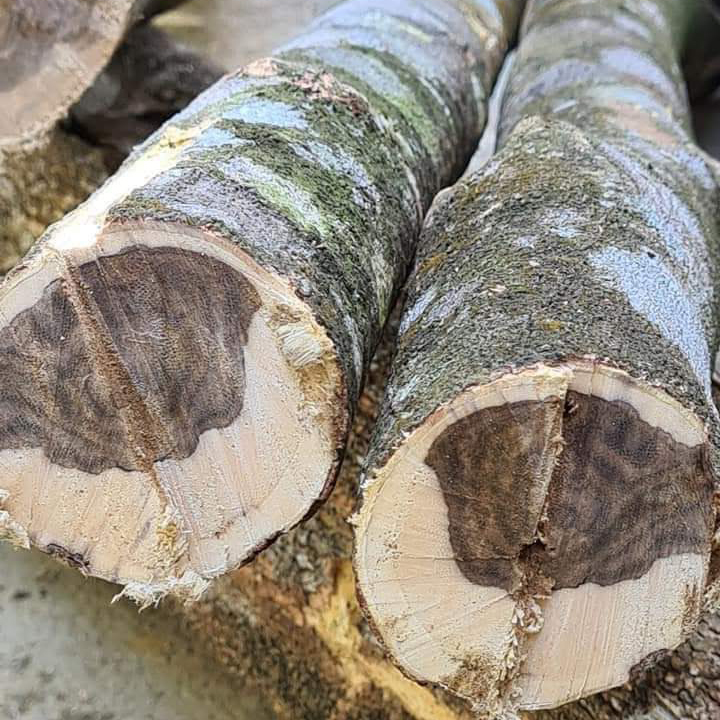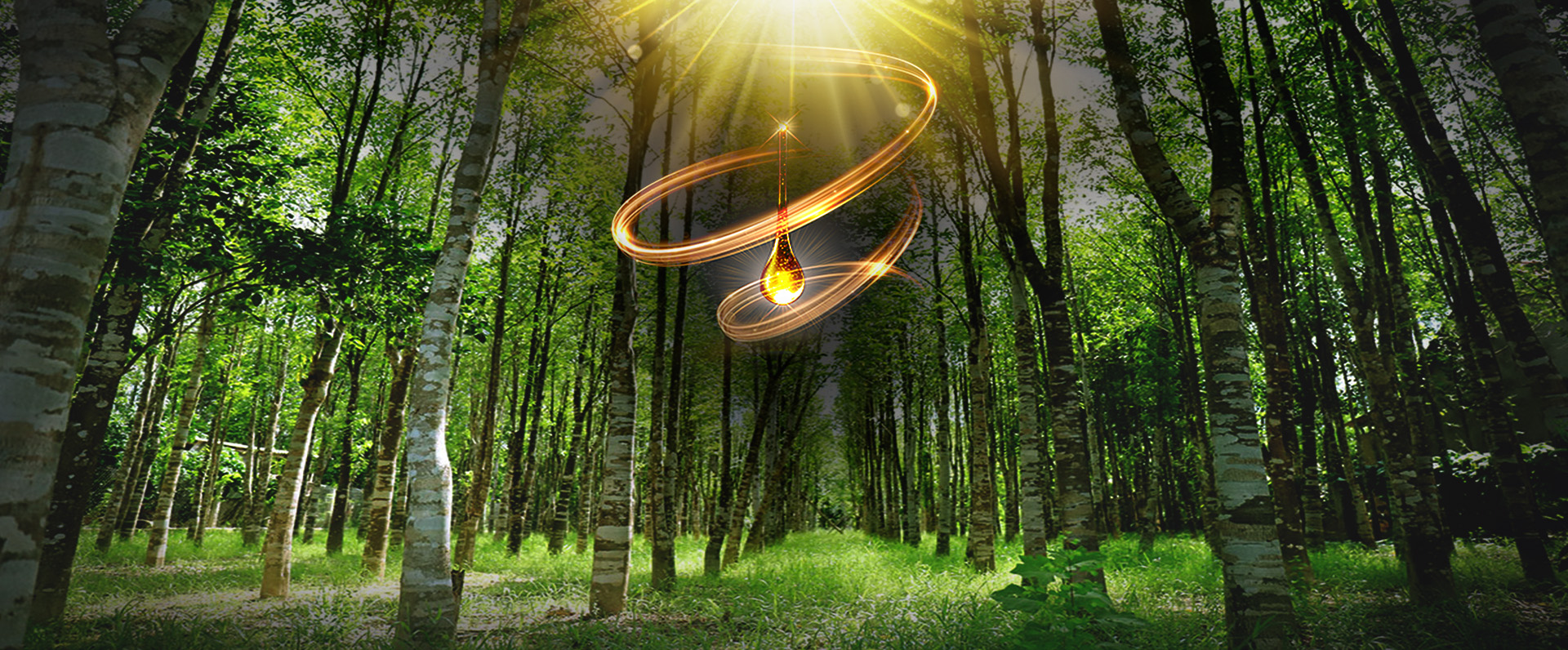
The process of forming natural agarwood from a scientific perspective
Natural agarwood is formed when agarwood trees are wounded and exposed to various biological and non-biological stressors. Causative agents can be fungi, bacteria, parasitic insects, or even storms and large animals that break or uproot the trees. These wounds trigger the tree's defense mechanism, causing the agarwood tree to exude resin to prevent the spread of bacteria to healthy parts of the tree. When infected, the agarwood tree undergoes a biochemical reaction to produce oleoresin, which gradually changes the wood's color from light to dark. The darker wood contains more aromatic resins and sinks in water, hence it is called agarwood. This is a natural process that takes tens, or even hundreds of thousands of years, and it only occurs in specific agarwood trees. Climate and soil conditions also play a crucial role in this process. That's why agarwood is primarily found in Asian countries such as Laos, Cambodia, Thailand, Malaysia, China, and Vietnam. Among them, agarwood in Khanh Hoa, Vietnam, is considered to have the best fragrance and therapeutic properties in the world.
The current situation of artificial agarwood
Today, natural agarwood has become exceedingly rare due to shrinking forest areas and the relentless hunting by humans. To create agarwood, various artificial methods are employed, although most common approaches nowadays come with significant limitations.
For instance, in certain regions such as Đồng Nai, Quảng Nam, Hà Tĩnh, Khánh Hòa..., people strip the outer bark of agarwood trees, subsequently applying chemicals to the wood or injecting mild acids combined with heavy metals into the tree trunk to induce agarwood formation. Nevertheless, the agarwood obtained through these methods not only fails to guarantee the quality of its fragrance but also poses potential health risks to humans.
Some other methods of agarwood production include using hot drills to bore into the tree trunk, cultivating wood-boring ants, or intentionally damaging the trees. While these methods do not harm the health of the users, the quality of the agarwood obtained significantly differs from natural agarwood. These spontaneous methods are extremely labor-intensive, resulting in relatively low yields.
Biological Agarwood Production Technology
With the goal of building and developing Vietnam's agarwood industry to position agarwood among the nation's leading economic products, for many years now, Agarwood Vietnam Group Joint Stock Company has collaborated with experts from Europe, Asia, and leading professors in biochemistry and botany in Vietnam to conduct in-depth research on various types of parasitic microfungi on agarwood trees. Currently, we have successfully analyzed and cultivated fungal spores on a large scale, then directly inoculated them onto agarwood trees, reproducing the same agarwood-producing reaction as in nature. Over the past five years, we have implemented this biotechnology on twenty-year-old agarwood plantations and achieved results beyond expectations in terms of both quantity and quality of agarwood.
According to the quality test results of essential oils and agarwood conducted at reputable laboratories in Asia and Europe, the bio agarwood produced by Vietnam Agarwood Group Jsc contains aromatic and medicinal components very similar to naturally formed agarwood.
This represents a significant stride for Vietnam Agarwood Group Jsc specifically and for the overall Vietnamese economy in the journey of establishing and developing the agarwood industry. It signifies the gradual realization of the dream to integrate agarwood into a wide range of products that serve human life.
collaborate and apply advanced technology
Owning a unique microorganism inoculation technology that produces agarwood with extremely close resemblance to natural agarwood, Agarwood Vietnam Group Jsc desires to collaborate with companies, organizations, and individuals interested in exploring and developing agarwood trees throughout our entire country and around the world.
We are prepared to transfer our biotechnological products, offer support for implementing the agarwood inoculation process to meet the established standards, and commit to purchasing all agarwood products that meet rigorous requirements for form and quality. All of these efforts are geared toward the extensive development of the agarwood industry in Vietnam, aiming to make agarwood a renowned economic and cultural product, contributing to enhancing the image of Vietnam on the global stage.

 Hotline: 0927 323 888
Hotline: 0927 323 888


